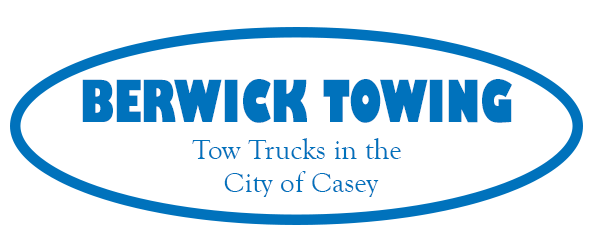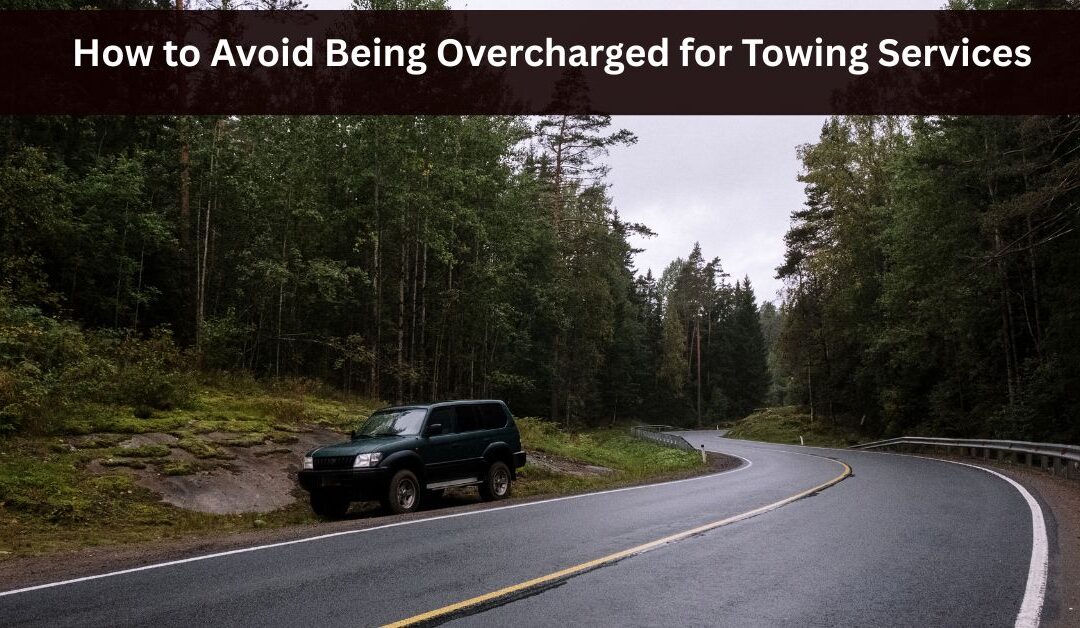When your vehicle breaks down and you need towing assistance, it’s important to know that not all towing services are created equal. While most towing companies provide fair and transparent pricing, there are some that may take advantage of vulnerable customers during stressful situations. Overcharging for towing services is a real concern, but there are steps you can take to avoid it. This article will guide you through how to ensure you are not overcharged when hiring a towing service.
Do Your Research Before an Emergency
The best way to avoid being overcharged for towing services is to prepare ahead of time. While you may not anticipate needing a tow, knowing your options beforehand can make a big difference when the time comes. Research local towing companies in your area, looking for ones with good reviews, competitive pricing, and a reputation for honesty. Check if they have transparent pricing structures listed on their website or available upon request.
Many companies offer free quotes or estimates, which can be especially helpful in understanding the general pricing range for towing services in your area. By doing research ahead of time, you’ll have a better sense of the typical costs, so you’re not caught off guard when you need to call for help.
Ask for an Estimate Before the Tow
Once you’ve chosen a towing company, always ask for a written estimate before the tow begins. A reputable towing company should be willing to provide you with an estimate of the cost for the service. Make sure the estimate includes the base towing fee as well as any additional costs for things like mileage, after-hours service, or special handling requirements.
This is particularly important if your vehicle needs to be towed a long distance, as mileage costs can significantly impact the final price. If the towing company hesitates to provide an estimate or tries to charge you without giving you details, consider it a red flag. Always ensure the terms are clear before you agree to the service.
Understand Towing Charges and Fees
Towing fees can vary depending on the company, the type of vehicle being towed, and the distance. Understanding these charges ahead of time can help you avoid surprise costs when you receive the bill. Some common fees to be aware of include:
Base towing fee: This is the standard charge for the tow itself, which is typically determined by the type of vehicle and the distance it needs to be moved.
Mileage fee: If your vehicle needs to be towed a long distance, you may be charged for each mile the tow truck travels.
After-hours surcharge: Many towing companies charge extra for services provided during late hours, weekends, or holidays.
Storage fees: If your vehicle needs to be stored at the towing company’s lot, be sure to clarify any storage fees, which can add up quickly.
By knowing these fees in advance, you can avoid being surprised by any hidden charges when the job is done.
Get Multiple Quotes if Possible
If you have the time and the ability to do so, it’s always a good idea to get multiple quotes from different towing companies. This is particularly useful if you’re dealing with a non-urgent situation, such as moving a vehicle or handling an inconvenient breakdown.
Call at least three different towing companies and ask for quotes based on your specific needs. Compare the prices to find the most reasonable option. Keep in mind that the lowest quote isn’t always the best choice—look for companies that offer competitive rates without compromising on quality or reliability. A well-established, reputable company may charge a bit more, but their professionalism and transparent pricing could ultimately save you from unexpected charges or poor service.
Know Your Rights and Towing Laws
In many regions, there are laws and regulations that govern how much a towing company can charge for specific services. These laws are designed to protect consumers from excessive charges and unscrupulous business practices. Familiarize yourself with the local towing laws in your area, particularly in terms of maximum towing fees and required disclosures.
For instance, in many places, towing companies are required to provide a written itemized bill that outlines the charges for each service rendered. If the bill seems unusually high or if the company refuses to provide this documentation, you have the right to question the charges or file a complaint with the relevant authorities. Being aware of your rights gives you leverage to dispute unfair charges if necessary.
Conclusion
Avoiding overcharges for towing services boils down to being prepared and informed. By doing your research, asking for estimates, understanding towing fees, and comparing quotes, you can ensure that you’re paying a fair price for the service you need. Knowing your rights and local towing laws also provides an extra layer of protection, allowing you to challenge excessive charges if they occur. The next time you require towing assistance, take the necessary steps to safeguard your wallet and ensure that you receive a fair, transparent service.

